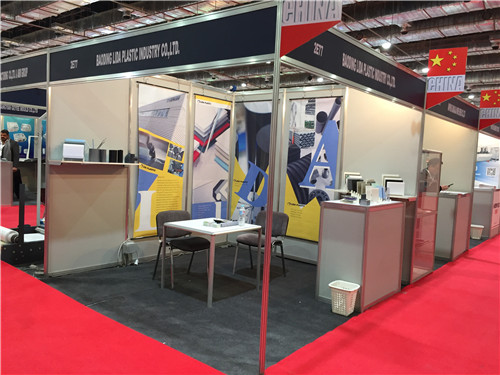Set . 29, 2024 05:39 Back to list
Durable Plastic Fittings for Efficient Irrigation Pipe Systems and Applications
The Importance of Plastic Irrigation Pipe Fittings in Modern Agriculture
Irrigation plays a vital role in modern agriculture, ensuring that crops receive the necessary water for optimal growth. Among the various components that constitute an irrigation system, plastic irrigation pipe fittings are essential for establishing efficient and reliable water distribution systems. This article explores the significance of plastic irrigation pipe fittings, their benefits, and why they are becoming increasingly popular in agricultural practices.
Understanding Plastic Irrigation Pipe Fittings
Plastic irrigation pipe fittings are used to connect different sections of irrigation pipes, allowing for the smooth and efficient flow of water throughout agricultural fields. Made from durable and resistant materials such as PVC (Polyvinyl Chloride) or PE (Polyethylene), these fittings come in various shapes and sizes, including elbows, tees, adapters, and couplings. They are designed to withstand pressure and environmental factors, making them suitable for use in diverse agricultural conditions.
Benefits of Plastic Irrigation Pipe Fittings
1. Durability and Longevity One of the primary advantages of plastic irrigation pipe fittings is their durability. Unlike metal fittings, which can corrode over time, plastic fittings are resistant to rust and chemical reactions. This longevity reduces the need for frequent replacements, saving farmers both time and money.
2. Lightweight and Easy to Handle Plastic fittings are significantly lighter than their metal counterparts. This ease of handling allows for quicker installation and modifications, facilitating irrigation projects that can be completed in a shorter time frame. Farmers can thus deploy irrigation systems more efficiently, addressing their crop needs promptly.
3. Cost-Effectiveness Plastic irrigation pipe fittings tend to be more affordable compared to metal options. The lower initial costs, combined with reduced maintenance needs due to their durability, make them a cost-effective choice for farmers working within tight budgets. This affordability also encourages smallholder farmers to adopt modern irrigation systems.
plastic irrigation pipe fittings

4. Flexibility and Versatility Plastic fittings provide flexibility in design and application. With various shapes and sizes available, they can accommodate different irrigation layouts and crop types. Whether using drip irrigation, sprinkler systems, or surface irrigation, plastic fittings offer the versatility needed to adapt to specific agricultural needs.
5. Resistance to Environmental Factors In many regions, irrigation systems face challenges due to exposure to sunlight, temperature fluctuations, and moisture. Plastic fittings, particularly those made from UV-resistant materials, can withstand these environmental stresses. This resilience ensures that the fittings maintain their integrity and performance over time.
6. Simplified Maintenance The smooth interior surface of plastic fittings reduces friction, which can lead to more efficient water flow and lower energy costs. Moreover, their resistance to clogs means that less maintenance is required compared to traditional fittings, allowing farmers to focus more on cultivation rather than upkeep.
The Growing Popularity of Plastic Irrigation Pipe Fittings
As agriculture becomes increasingly reliant on effective irrigation solutions due to climate change and expanding global food demands, the demand for plastic irrigation pipe fittings continues to grow. The push towards sustainable farming practices and the need to conserve water resources further accentuate the role of efficient irrigation systems. Farmers are increasingly recognizing the benefits of using plastic fittings as part of their irrigation strategies, leading to enhanced crop yields and more sustainable agricultural practices.
Conclusion
Plastic irrigation pipe fittings play a crucial role in the efficiency and sustainability of modern irrigation systems. Their durability, cost-effectiveness, lightweight nature, and resistance to environmental factors make them an indispensable component of contemporary agricultural practices. As the farming sector strives to adapt to the challenges posed by climate change and the need for increased food production, adopting effective irrigation solutions like plastic pipe fittings not only supports crop growth but also contributes to overall agricultural sustainability. As technology and materials advance, the future of irrigation looks promising, with plastic fittings at the forefront of this evolution.
-
Transparent PVC Pipe: Clear Flexible Tubing for Fluids
NewsAug.09,2025
-
Durable PP Rigid Sheet: Versatile & High-Quality Plastic Panels
NewsAug.08,2025
-
Premium Glossy PP Rigid Sheet – Durable & Versatile
NewsAug.07,2025
-
High-Quality HDPE Sheet | Durable Plastic Panels
NewsAug.06,2025
-
High-Precision PVC Rigid Sheets for Vacuum Forming | AI-Optimized
NewsAug.05,2025
-
Durable PVC-M Water Supply Pipes | 60-Year Life
NewsAug.04,2025

